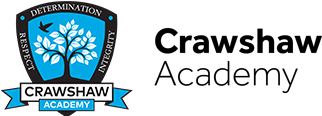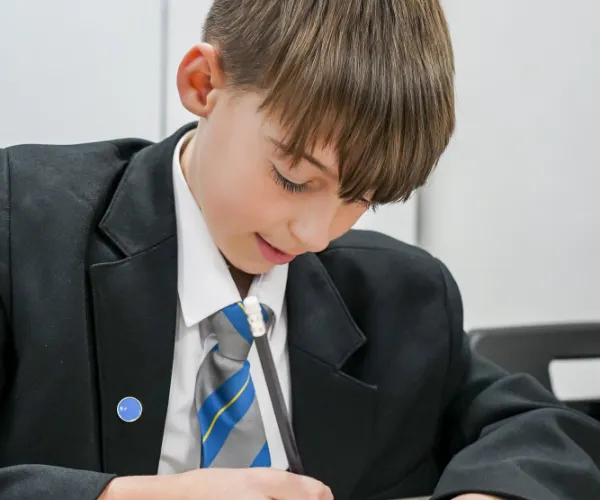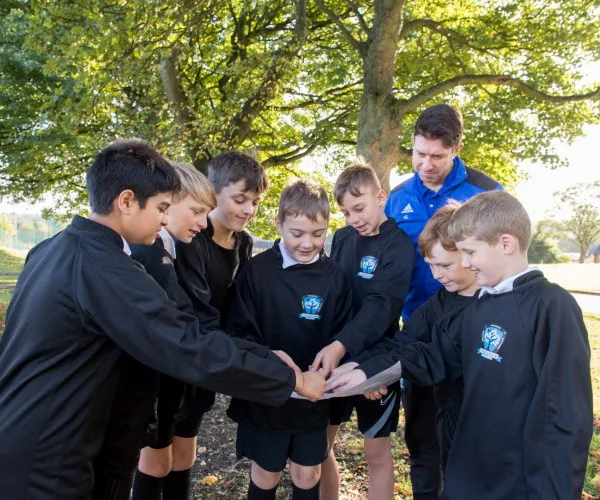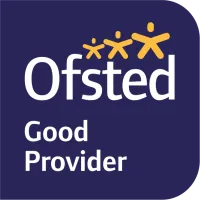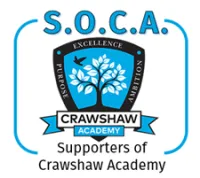- Exam Results
- Knowledge Organisers
- Year 11 Revision
- The Crawshaw Curriculum
- Key Stage 4 Study Support
- Personal Development
- Subjects
- Homework/Independent learning
- Remote learning
- Exams Information
- Learning Resource Centre
- Post 16 Provision
- Future Ready/CEIAG
- Post 16 Provision
FBV in MFL
DEMOCRACY
In MFL classes, students often engage in group activities such as debates or discussions in the target language. This requires listening to others’ views, sharing ideas, and making decisions collectively, which mirrors democratic processes. Teachers may encourage students to vote on the themes or topics they want to explore in their language lessons. This promotes a democratic environment where students understand the value of having a voice and making decisions that affect their learning. As part of language learning, students may explore how democratic principles function in the countries where the target language is spoken. This involves learning about the political systems in France, Germany, or other relevant countries, fostering an understanding of how democracy operates globally.
RULE OF LAW
Teachers establish classroom rules and expectations for behaviour. This reinforces the importance of understanding and following rules in different contexts. Through cultural studies embedded in the MFL curriculum, students learn about the laws and regulations in countries where the target language is spoken. For example, students might explore how French or German legal systems function, helping them appreciate the role of law in different societies and how it supports order and justice. Learning the structure and grammar of a foreign language helps reinforce the concept of rules and why they are important for effective communication. Just as in society, rules in language (like grammar) provide structure and clarity.
MUTUAL RESPECT
One of the core elements of MFL is learning about the customs, traditions, and lifestyles of people in other countries. This helps students develop mutual respect for those who speak other languages and live in different cultural contexts. For example, learning about festivals, traditions, and social etiquette in France or Germany encourages respect for cultural differences. Pair and group work is common in MFL lessons, where students must work together to complete tasks or practice speaking. This requires them to respect each other’s abilities, contributions, and ideas, promoting teamwork and mutual respect. Students are encouraged to develop their ideas using a range of justified opinions, students are taught to respect these opinions and how to respond in a mature manner. MFL classes are often made up of students with varying levels of language proficiency. Teachers promote an inclusive environment where students respect each other’s learning pace and abilities, supporting a culture of encouragement rather than competition.
INDIVIDUAL LIBERTY
MFL lessons provide students with the tools to express themselves in another language. This empowers them to share their ideas, preferences, and thoughts across linguistic and cultural boundaries, promoting a sense of individual liberty and self-expression. In KS4 students are given the freedom to choose which language to study (e.g., French or German), and even within lessons, they may be encouraged to select topics or projects that reflect their personal interests, fostering a sense of personal choice and responsibility. Lessons often involve exploring different cultural practices, beliefs, and opinions, giving students the opportunity to see how individuals in different countries exercise their freedoms. This helps them understand the balance between individual liberty and the need to respect societal norms. Students are given a research homework or class task per unit which students can use to explore a cultural aspect of their choice, for example, an athlete of their choice when doing the topic of sport.
TOLERANCE OF THOSE OF DIFFERENT FAITHS & BELIEFS
MFL lessons provide many opportunities to explore the different religious practices and beliefs in countries where the target language is spoken. For example, students learn about Catholicism in France, Islam in Morocco, or the Protestant and Catholic traditions in Germany. This helps foster tolerance and understanding of how different faiths and beliefs shape people’s lives and cultures. Students can explore how language is intertwined with cultural and religious identity. By learning how people from different religious backgrounds express themselves in their native languages, students develop a more nuanced understanding of how faith and language influence one another.
Trips, pen-pal programmes, or virtual exchanges with students from other countries are interactions which allow students to engage directly with peers from different cultural and religious backgrounds, promoting tolerance and understanding through real-life communication.
- Exam Results
- Knowledge Organisers
- Year 11 Revision
- The Crawshaw Curriculum
- Key Stage 4 Study Support
- Personal Development
- Subjects
- Homework/Independent learning
- Remote learning
- Exams Information
- Learning Resource Centre
- Post 16 Provision
- Future Ready/CEIAG
- Post 16 Provision
